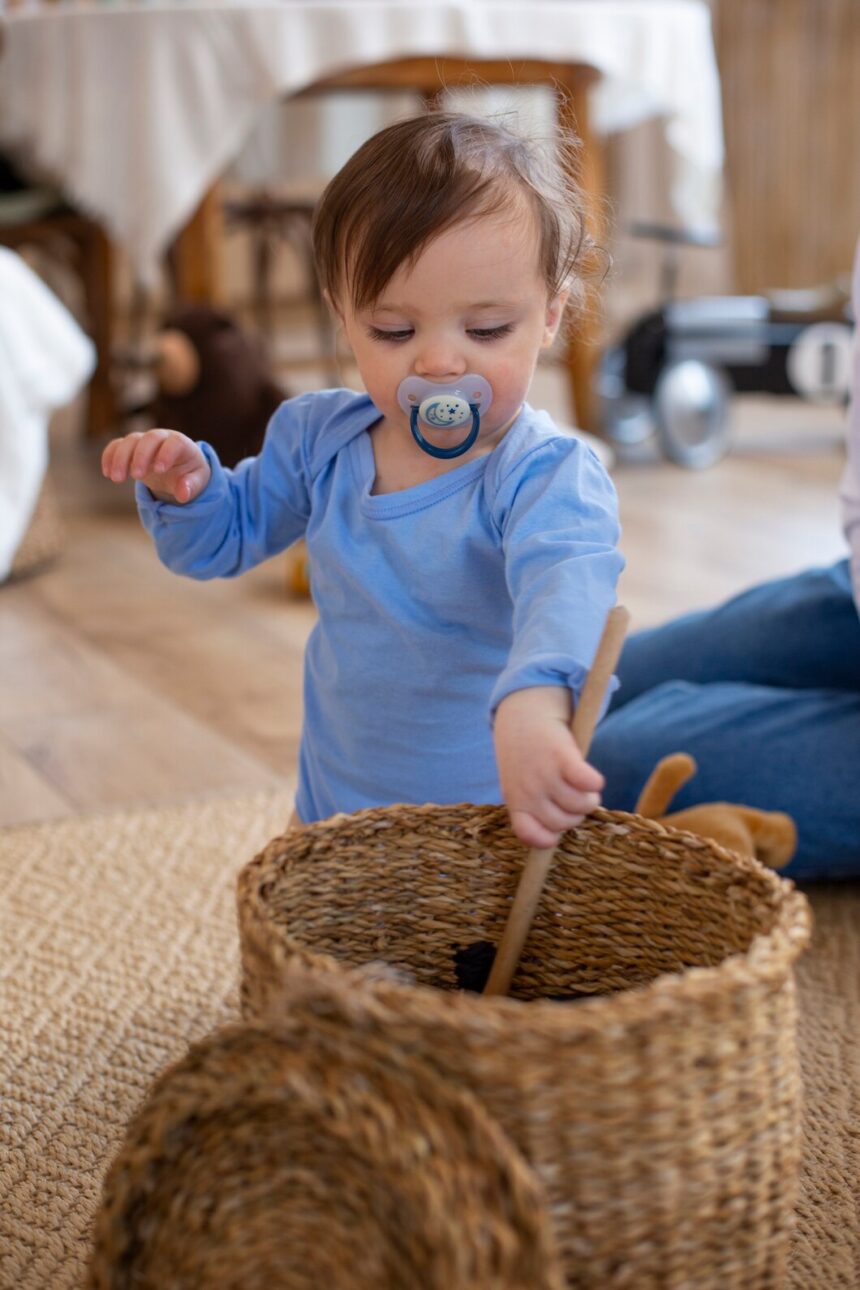Watching a baby grow and develop is a remarkable journey filled with exciting milestones. By the time a baby reaches 14 months, they have made significant strides in their physical, cognitive, and social development. Here are some key milestones you can expect at this age:
1. Physical Development:
- Gross Motor Skills: Most 14-month-olds are beginning to walk independently or are close to it. They may be able to walk short distances, crawl up stairs, and even start to run or climb.
- Fine Motor Skills: They are refining their ability to pick up small objects using a pincer grasp (thumb and forefinger). They enjoy exploring objects by banging them together or placing objects into containers.
2. Language and Communication:
- Speech Development: Babies at this age typically have a vocabulary of a few words and may attempt to mimic more complex sounds or words they hear. They start to understand simple instructions and can follow gestures like waving goodbye.
- Social Interaction: They are becoming more expressive with their emotions, understanding basic emotions like happiness, sadness, and frustration. They may start to engage in simple pretend play, like feeding a doll or teddy bear.
3. Cognitive Development:
- Problem-Solving Skills: Babies at 14 months are curious explorers, eager to figure out how things work. They enjoy simple problem-solving activities, like fitting objects into matching holes or stacking blocks.
- Understanding of Cause and Effect: They are beginning to understand basic cause-and-effect relationships, such as realizing that pressing a button makes a toy light up or produce sound.
4. Feeding and Independence:
- Self-Feeding: Many babies at this age are learning to feed themselves with fingers or a spoon. They may enjoy a wide variety of foods and textures, showing preferences for certain tastes.
- Independence: They are starting to show preferences and assert independence, such as choosing toys or activities they enjoy and expressing their likes and dislikes.
5. Sleep Patterns:
- By 14 months, many babies have transitioned to one long nap during the day, typically lasting 2-3 hours, and are sleeping through the night for around 10-12 hours.
6. Emotional Development:
- Babies at this age are forming strong attachments to caregivers and may show signs of separation anxiety. They seek comfort from familiar adults and may become upset when separated from them.
7. Sensory Exploration:
- They enjoy exploring their environment through touch, sight, and sound. They may show preferences for certain textures, colors, or sounds and enjoy activities that stimulate their senses.
8. Health and Well-Being:
- At 14 months, regular pediatric check-ups are important to monitor growth and development, address any concerns, and ensure vaccinations are up-to-date.
Every baby develops at their own pace, so it’s important to remember that these milestones are general guidelines. If you have concerns about your baby’s development or have questions about milestones, consulting with a pediatrician can provide reassurance and guidance. Celebrate each milestone as your baby continues to grow and learn in their unique way.










